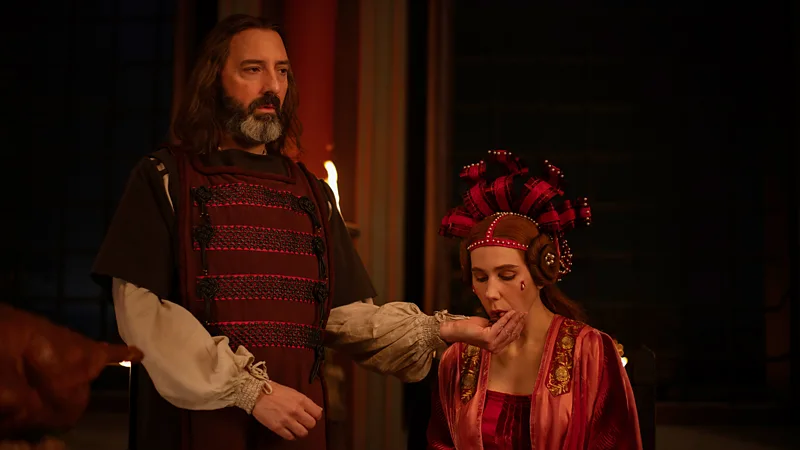Нет данных для отображения
Больше
Adhesive Cable Tie Mount is a practical solution designed to keep cables organized and securely fixed in various settings. Its versatility makes it suitable for home, office, and industrial applications. Nylon Adhesive Cable Tie Holder (Indoor and Outdoor Use) Made of durable nylon, the adhesive mount offers a lightweight yet reliable option for cable management. It can be applied to...

The global seed treatment market size was USD 6.10 Billion in 2022 and is expected to register a revenue CAGR of 7.7% during the forecast period. Growing awareness regarding crop protection among farmers is a major factor driving the market revenue growth. Seed treatment helps to safeguard the seed and improve development of healthy crops. The treatment increases crop yields while also...

In modern industries where precision defines outcomes and security underpins trust, the role of specialized structures has grown into an essential subject of discussion, and Clean Room Window solutions by yd-purification highlight this transformation. Far from being a simple transparent opening, each installation is carefully engineered to balance clarity with containment, providing an unbroken...

“Wit Over Wrath: Power, Hypocrisy, and Play in the Tale of the Monk and the Abbot” Introduction: Giovanni Boccaccio’s Decameron is renowned for its sharp satire, bawdy humor, and perceptive critique of religious and societal norms. The Fourth Story of the First Day, narrated by Dioneo, exemplifies this tone perfectly. Centered on a cunning monk who outsmarts his...

The global microcurrent device market is expected to register a rapid revenue CAGR of 7% during the forecast period. Rising demand for non-invasive cosmetic procedures is a key factor driving market revenue growth. Microcurrent technology is a noninvasive therapy that sends out a low-voltage current that is similar to natural electrical currents in the body. Weak electrical signals are used to...



